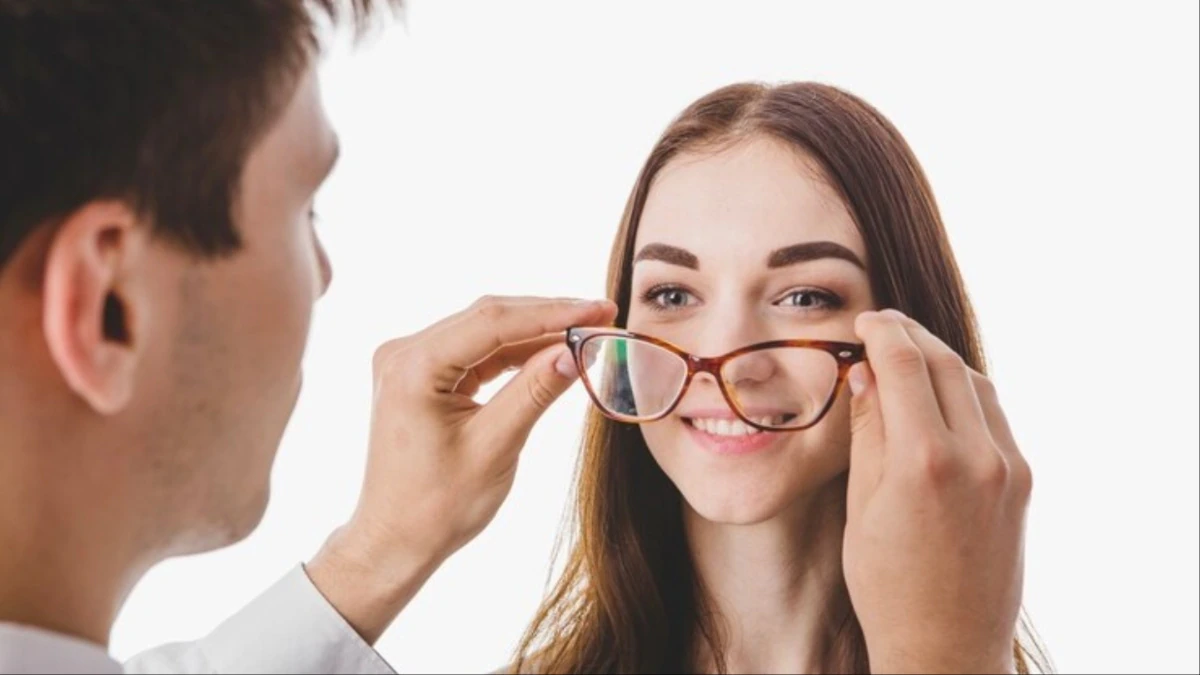Our eyes are the windows to the world. From the sparkle in a loved one’s eyes to the beauty of a sunset, life is full of visual delights. But as we grow older, it’s natural to worry about our eyesight. The good news? With a few simple habits, proper nutrition, and care, you can keep your eyes healthy well into your golden years.
Here’s how.
1. Eat for Your Eyes: Nutrition That Protects Vision
The saying “you are what you eat” applies to your eyes too. Certain nutrients act as protective armor for your vision:
Vitamin A – Night Vision Hero
- Found in: Carrots, sweet potatoes, spinach, kale.
- Why it matters: Keeps your retinas healthy and improves night vision.
- Quick tip: Add a colorful salad to your lunch—your eyes will thank you!
Vitamin C & E – Antioxidant Defenders
- Found in: Oranges, bell peppers, almonds, sunflower seeds, avocados.
- Why it matters: Protects eyes from free radicals that cause age-related damage.
- Real-life example: “After adding citrus fruits and nuts daily, I noticed less eye strain during work,” says 55-year-old office worker Priya.
Omega-3 Fatty Acids – Lubricate & Protect
- Found in: Salmon, tuna, walnuts, flaxseeds.
- Why it matters: Reduces dry eyes and supports retinal health.
- Tip: Try a salmon salad twice a week or sprinkle flaxseeds over yogurt.
2. Get Regular Eye Check-ups
Even if your vision feels fine, annual eye exams are crucial. Some eye problems show no symptoms until it’s too late.
- Cataracts: Cloudy lenses that affect vision.
- Glaucoma: Silent increase in eye pressure that can damage the optic nerve.
- Age-related Macular Degeneration (AMD): Impacts central vision, making tasks like reading hard.
Tip: People with diabetes, high blood pressure, or a family history of eye issues should check more frequently.
3. Give Your Eyes a Break from Screens
With remote work and smartphones, screen time is inevitable. But too much can strain your eyes.
The 20-20-20 Rule
- Every 20 minutes, look at something 20 feet away for 20 seconds.
Other Tips
- Blink frequently to keep eyes moist.
- Adjust screen brightness and contrast.
- Maintain proper posture and keep screens at eye level.
Example: Software engineer Raj noticed fewer headaches and less eye fatigue after following this rule during long coding sessions.
4. Protect Your Eyes from Sun Damage
UV rays contribute to cataracts and macular degeneration.
- Always wear UV-protected sunglasses outdoors.
- Use a wide-brimmed hat for extra shade.
- Remember: Even cloudy days don’t block UV rays.
5. Quit Smoking and Limit Alcohol
- Smoking increases risk of cataracts, macular degeneration, and optic nerve damage.
- Excessive alcohol can reduce vital nutrients that support eye health.
Tip: Treat quitting smoking as an investment in your eyes, not just your lungs.
6. Keep Eye Muscles Active: Simple Exercises
Eye exercises can reduce strain and maintain flexibility:
- Look up, down, left, and right slowly.
- Focus on near and far objects alternately.
- Close your eyes tightly for a few seconds, then relax.
Daily habit: Try these exercises during TV ads or while waiting for your coffee to brew.
7. Stay Hydrated and Maintain Moisture
Dry eyes are common, especially as we age.
- Drink plenty of water.
- Use artificial tears if your eyes feel dry.
- Maintain good humidity indoors.
Tip: If your eyes often feel gritty or tired, small changes like a humidifier or regular eye drops can make a huge difference.
8. Manage Stress for Eye Health
Stress affects your whole body, including your eyes:
- Can cause eye strain and twitching.
- Leads to blurry vision in some cases.
Ways to Reduce Stress
- Practice meditation or mindfulness.
- Engage in light exercise or yoga.
- Take short breaks from work to rest your eyes.
Example: 60-year-old teacher Anjali noticed reduced eye fatigue after starting a 10-minute meditation routine before bed.
9. Prioritize Sleep: Eyes Need Rest Too
Sleep allows your eyes to recover and repair. Lack of sleep leads to dryness, irritation, and blurred vision.
- Aim for 7–9 hours of quality sleep each night.
- Maintain a regular sleep schedule.
- Keep your bedroom dark, quiet, and cool.
10. Small Habits That Make a Big Difference
- Wash hands before touching eyes.
- Avoid rubbing your eyes.
- Keep makeup and contact lenses clean.
- Take micro-breaks during long tasks.
Tip: Daily care adds up. Treat your eyes as you would your skin or teeth—small steps every day create lasting results.
Conclusion: Eyes Deserve Lifelong Care
Age-related vision changes are common, but not inevitable. By combining:
- Healthy nutrition
- Regular eye exams
- Protective habits
- Mindful living
…you can preserve your eyesight for decades.
💡 Quick Start Tips Today:
- Eat a colorful salad for lunch.
- Follow the 20-20-20 screen rule.
- Wear sunglasses whenever outdoors.
- Drink at least 8 glasses of water daily.
- Take 10-minute eye breaks during work.
Remember, your eyes are priceless windows to your life. Start caring for them today, and enjoy clear, vibrant vision for years to come.
